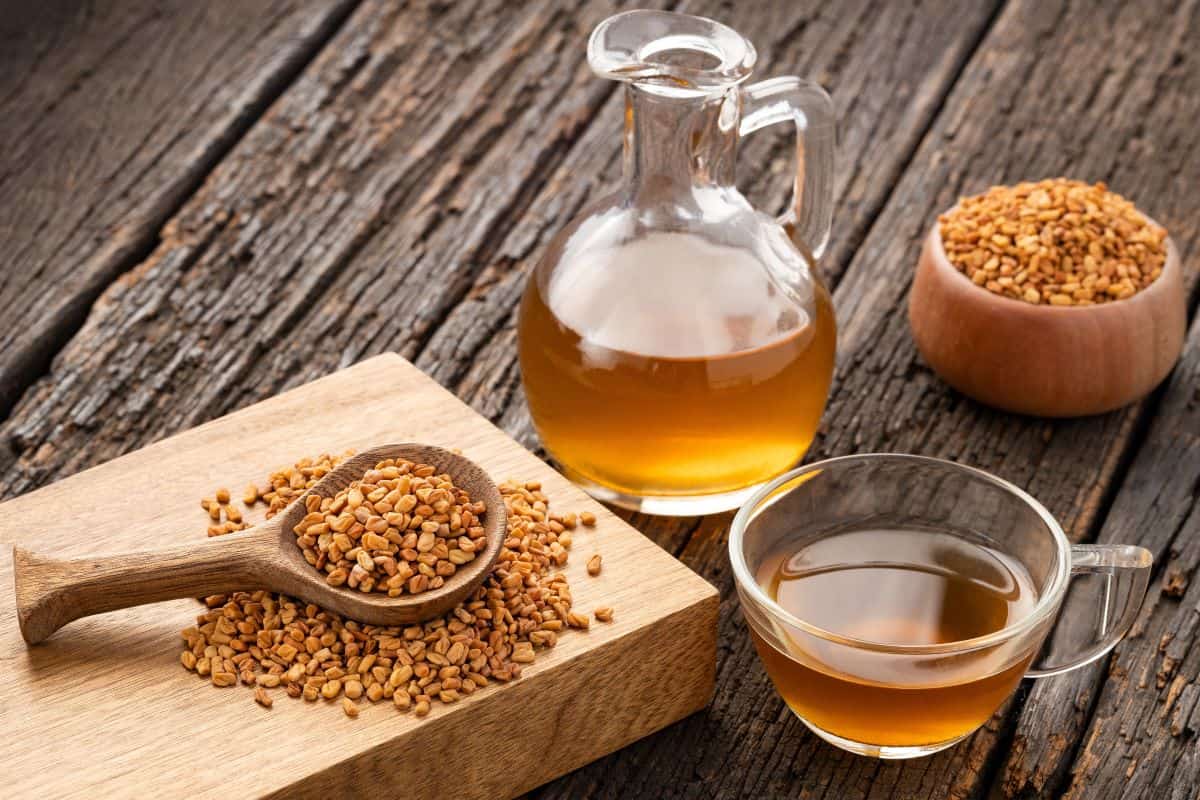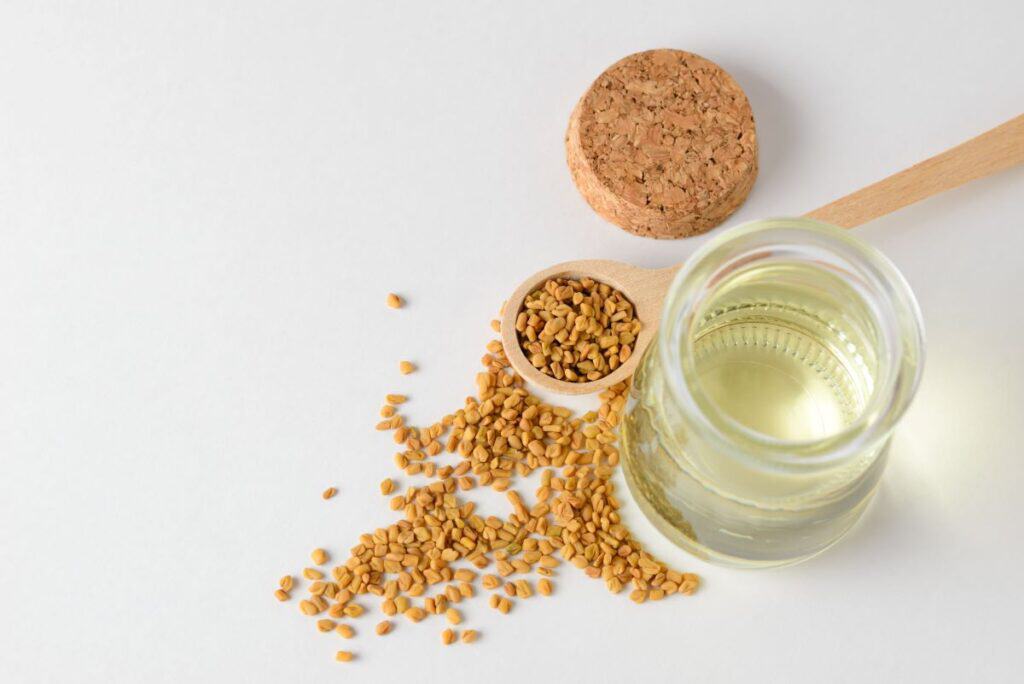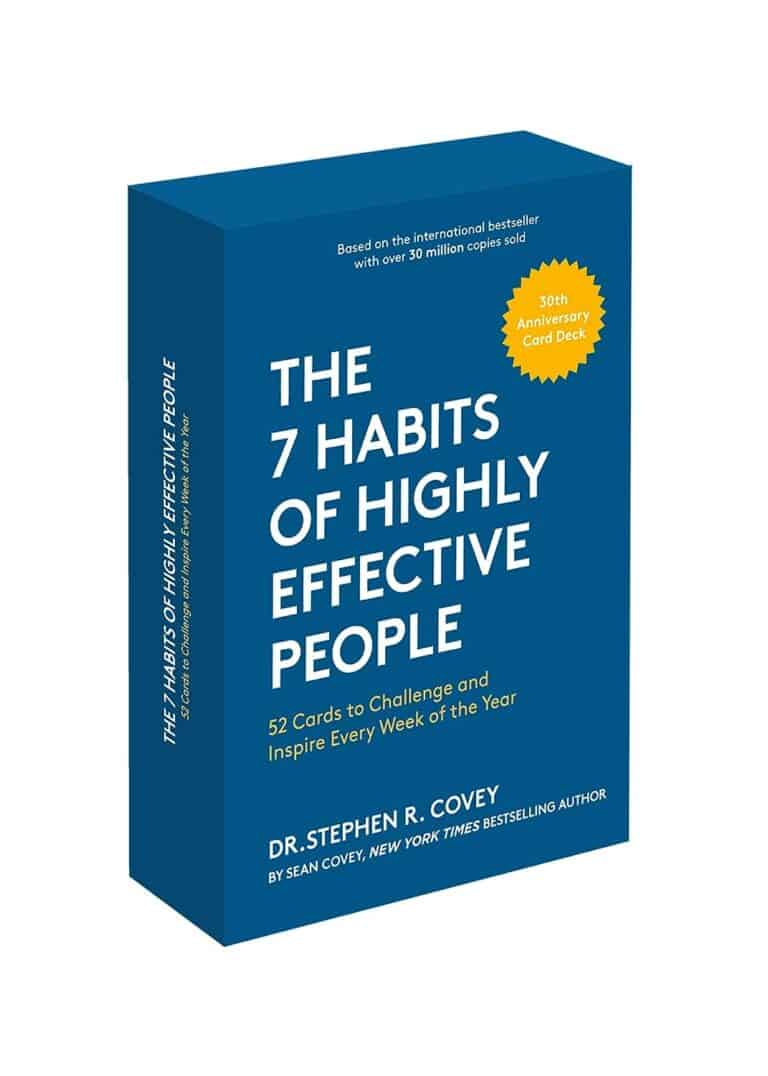
Introduction
Its historical roots can be traced back to various cultures, where it has been used to address a range of women’s health concerns. In this article, we will explore the numerous ways in which fenugreek serves as a valuable herbal ally for women. From addressing blood sugar control to enhancing breast milk production and supporting menstrual health, the potential benefits of fenugreek for women are diverse and impactful. We will delve into its effects on sexual health, weight management, skin, hair, and heart health, as well as safety considerations and practical tips for incorporating fenugreek into a woman’s daily routine. By unveiling the breadth of fenugreek’s advantages, I aim to empower women with knowledge to make informed decisions about their health and well-being.
What is Fenugreek?
This versatile herb has been esteemed for its culinary and medicinal properties, offering a multitude of health benefits for both men and women.
When ground into powder or used as whole seeds, fenugreek seeds provide a rich source of nutrients, including protein, fibre, iron, magnesium, and manganese. Known for its distinct aromatic and slightly bitter taste, fenugreek adds depth to both savoury and sweet dishes.
Beyond its culinary prowess, fenugreek has a long-standing reputation in herbal medicine for its potential to support digestive health, improve skin conditions, and enhance overall wellness. The broad spectrum of health benefits associated with fenugreek makes it a valuable herbal ally for individuals seeking to optimize their health through natural means.
Nutritional Profile of Fenugreek
They are rich in fibre, protein, iron, magnesium, and manganese. These nutrients play a crucial role in supporting women’s overall health. The fibre content aids in digestion and may help in weight management, which is particularly beneficial for women. Additionally, iron content is essential for women of childbearing age to prevent anaemia, while magnesium and manganese support bone health and alleviation of menstrual cramps. The protein content is necessary for muscle maintenance and repair, which is particularly relevant for women leading active lifestyles. These nutrients collectively make fenugreek a valuable component of a woman’s dietary regimen, promoting overall well-being and addressing specific health concerns.
Fenugreek and Blood Sugar Control
A fenugreek seed extract has been shown to positively impact blood sugar control, potentially mitigating the effects of diabetes. Its unique properties can help regulate blood sugar levels, thus offering potential health benefits to women dealing with this condition. This natural aid can play a crucial role in managing blood sugar levels and supporting overall well-being.
Enhancing Breast Milk Production
Researchers have noticed the potential health benefits of fenugreek seed extract in promoting lactation, leading to scientific investigations into its effectiveness.
Studies have shown that fenugreek seed extract may stimulate sweat production, an effect believed to be associated with the herb’s galactagogue properties. These properties can, in turn, increase breast milk production in nursing women. Additionally, the phytoestrogens found in fenugreek seeds are thought to enhance lactation by mimicking the effects of estrogen, a hormone linked to milk production.
Managing Menstrual Cramps and Discomfort
Fenugreek’s ability to reduce inflammation in the body helps ease the severity of cramps, making it a valuable ally for women during their menstrual cycle. In addition to addressing pain, fenugreek is known for promoting hormonal balance, which further aids in managing menstrual discomfort.
With its long history of traditional use in women’s health, fenugreek continues to be a sought-after remedy for those seeking natural ways to alleviate menstrual cramps and associated discomfort. Its multifaceted benefits make it a versatile herbal solution for addressing various aspects of women’s wellness.
Benefits of Sexual Health
It may support hormonal balance, which plays a crucial role in maintaining healthy libido and sexual function. The phytoestrogens found in fenugreek seeds could aid in alleviating symptoms of menopause and supporting overall hormonal well-being. By contributing to hormonal equilibrium, fenugreek may lead to increased sexual desire and improved intimate experiences. This herbal ally’s ability to influence sexual health offers women a natural approach to enhancing their well-being.
Weight Loss and Fenugreek
Its high fibre content promotes feelings of fullness, aiding in appetite control and potentially reducing overall calorie intake. This may support weight loss efforts by preventing overeating and promoting a balanced diet.
In addition, fenugreek contains compounds that may inhibit the absorption of dietary fats. This can be beneficial for women seeking to manage their weight, as it may reduce the overall calorie intake from fat and contribute to a healthier body composition.
When incorporated into a balanced diet and active lifestyle, fenugreek can potentially contribute to healthy weight management in women. Its multifaceted approach to supporting weight loss makes it a valuable herbal ally for those aiming to achieve and maintain a healthy body weight.

Improving Skin and Hair Health
Applying fenugreek seed extract as a facial mask or in hair treatments can help combat various skin conditions and promote hair growth. For example, fenugreek paste can be used as a face mask to cleanse and exfoliate the skin, reducing acne and promoting a healthy complexion. Additionally, fenugreek oil can be mixed with coconut oil and applied to the scalp to nourish the hair follicles, resulting in improved hair texture and strength. This natural remedy has been used for centuries to address skin and hair concerns, and its effectiveness continues to be recognized today. The phytonutrients and antioxidants in fenugreek seed extract contribute to its ability to rejuvenate the skin and hair, making it a valuable addition to a woman’s holistic beauty regimen.
Fenugreek’s Role in Reducing Heart Disease Risk
Research suggests that the phytochemicals present in fenugreek seeds can help lower bad cholesterol levels, which are known contributors to cardiovascular issues. By incorporating fenugreek into my daily routine, I can proactively manage my cholesterol levels and reduce the risk of heart-related complications in the future. It’s reassuring to know that this natural herbal ally can play a vital role in safeguarding my heart health.
Safety and Side Effects
However, like any natural supplement, there are some potential side effects to be aware of.
Firstly, it’s essential to highlight that fenugreek is generally safe when consumed in moderate amounts, such as those typically found in food. Yet, taking concentrated fenugreek supplements may sometimes lead to minor side effects, including gastrointestinal discomfort or allergic reactions in some individuals.
For women considering using fenugreek supplements, it’s advisable to seek professional medical advice, particularly for those who are pregnant or nursing, as the effects of fenugreek during these times are not yet fully understood.
Moreover, individuals with certain medical conditions, such as diabetes, should exercise caution and consult with a healthcare provider before incorporating fenugreek into their daily routine. Additionally, given its potential blood sugar-lowering effects, individuals taking medication for diabetes should monitor their blood sugar levels closely when using fenugreek supplements to prevent low blood sugar levels.
It’s always best to discuss any new supplements or herbal remedies with a qualified healthcare provider to ensure they align with individual health needs and avoid potential interactions with existing medications.
How to Incorporate Fenugreek into Your Diet
Fenugreek is available in various forms, including seeds, powder, and tea, making it versatile to incorporate into different recipes and routines. One convenient way to use fenugreek seeds is by including them in cooking, such as sprinkling them over salads, incorporating them into soups, or mixing them into yoghurt or smoothies for an added nutritional boost. Fenugreek powder can be used in baking, added to homemade spice blends, or stirred into warm beverages like tea or milk. Additionally, fenugreek tea offers a flavorful way to promote overall wellness and can be enjoyed throughout the day as a soothing beverage.
Experimenting with fenugreek in different forms allows you to discover the most enjoyable and convenient way to integrate this herbal ally into your meals and drinks. Whether it’s a sprinkle of seeds, a spoonful of powder, or a relaxing cup of tea, incorporating fenugreek into your daily routine can offer a practical approach to enhancing your well-being and overall health.
Understanding the Difference: Fenugreek Supplements vs. Whole Seeds
Understanding the Difference: Fenugreek Supplements vs. Whole Seeds
When it comes to incorporating fenugreek into your health regimen, it’s essential to understand the differences between using supplements and whole seeds. Both forms offer distinct advantages and drawbacks.
Fenugreek supplements are convenient and provide concentrated doses of specific fenugreek seed extract, making it easier to regulate intake for lowering blood sugar and other specific health concerns. However, they may lack certain nutrients and beneficial fibre present in whole fenugreek seeds.
On the other hand, consuming whole fenugreek seeds provides a more holistic approach, with the benefits of various nutrients and dietary fibre. They can be incorporated into cooking, offering a versatile way to enhance both the flavour and nutritional content of meals. However, measuring the exact dosage of active compounds present in the seeds may require more effort.
Considering individual health goals and lifestyle preferences is crucial when deciding between fenugreek supplements and whole seeds. Both options have the potential to support women’s health, but consulting a healthcare provider can help in making informed decisions.

Speaking to a Healthcare Provider
Seeking professional medical advice is essential to ensure that fenugreek is safe and suitable for your individual health needs. Your healthcare provider can provide personalized guidance and recommendations based on your medical history, current medications, and unique health status.
When discussing fenugreek with your healthcare provider, it’s essential to be open and honest about your health concerns, including any existing medical conditions or allergies. By engaging in open communication with your healthcare provider, you can address any potential risks or contraindications associated with fenugreek consumption and determine the appropriate dosage for your specific health goals. Additionally, your healthcare provider can monitor your progress and address any potential side effects or interactions with other medications, ensuring your safety and well-being.
Real-Life Experiences with Fenugreek
I have been amazed by the positive impact of this natural supplement on my overall health. It has been a game-changer for me, and I can’t wait for more women to experience its benefits.
Exploring Herbal Alternatives
Among the popular herbal alternatives renowned for their potential health benefits are herbs like fennel, milk thistle, and red clover. Each of these herbal supplements has forged its path in addressing women’s unique health concerns, contributing to a tapestry of natural remedies that support wellness.
Charting Your Health Journey with Fenugreek
I have learned about its remarkable ability to lower blood sugar levels, support breast milk production, and manage menstrual discomfort. These discoveries have convinced me of the valuable role fenugreek can play in maintaining my overall well-being.
Considering the unique nature of each woman’s health needs, the journey with fenugreek is a profoundly personal one. By incorporating fenugreek into my daily routine, I anticipate enhancements in blood sugar control, increased vitality, and potential improvements in my skin and hair health. However, I recognize the importance of consulting with healthcare professionals to ensure that fenugreek aligns with my specific health requirements and complements any existing treatments or medications.
Empowered with knowledge about the potential health advantages of fenugreek, I embrace the opportunity to chart my health journey with this remarkable herbal supplement. Exploring alternative and complementary approaches to my health and well-being allows me to make informed, personalized choices. I encourage you to embark on your exploration of fenugreek’s benefits, taking into consideration your individual health needs and seeking guidance from healthcare experts to maximize the potential benefits of this herbal ally.
Remember: Always consult with a healthcare provider before adding any new supplement, especially if you’re pregnant, breastfeeding, or managing any health conditions.






